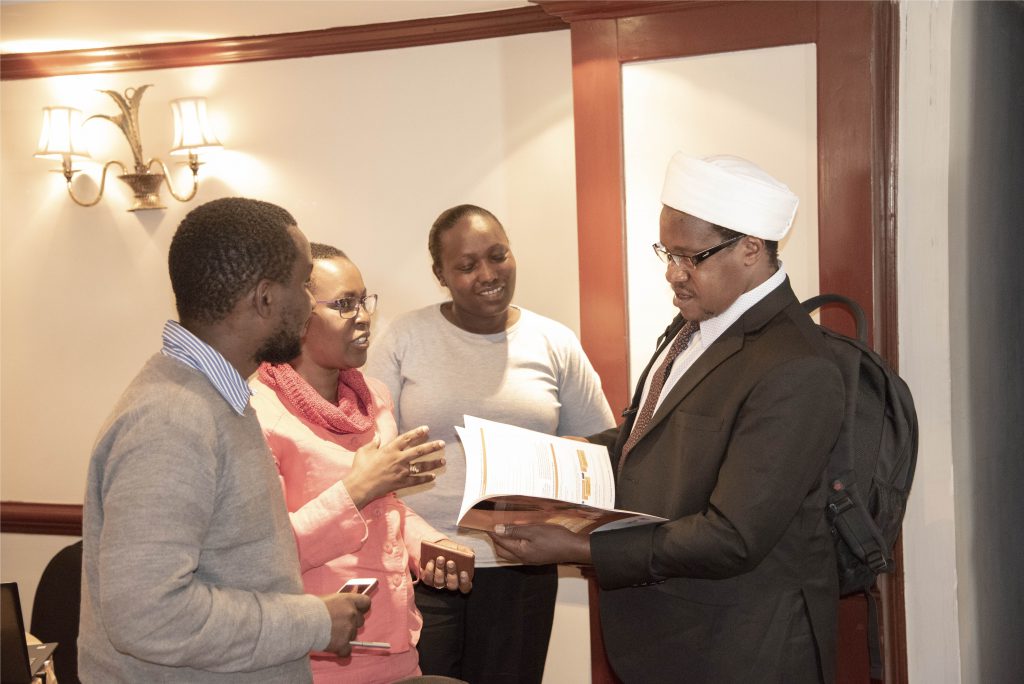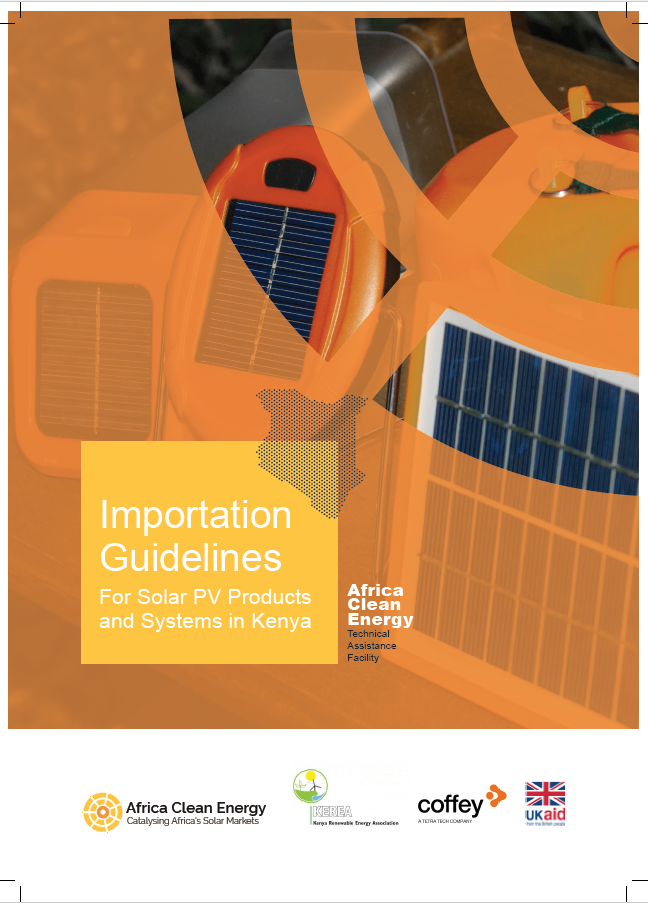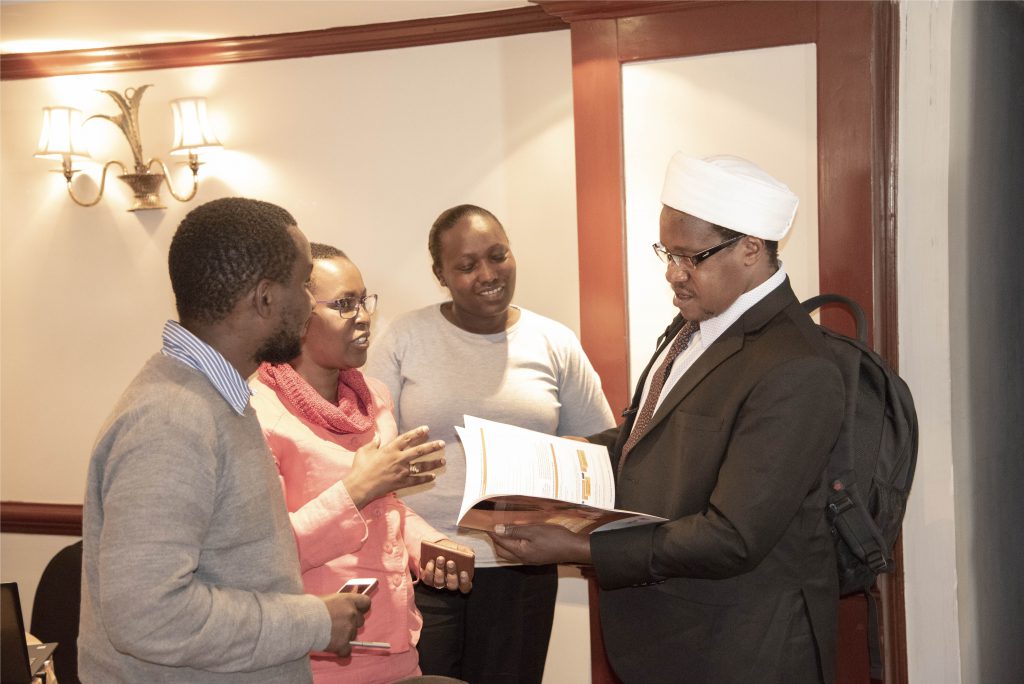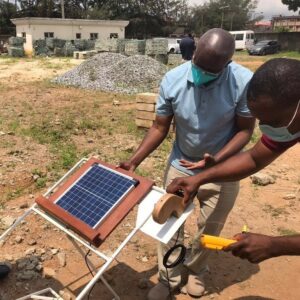Wednesday 27th November 2019 – Sofies Group organized a workshop to share information on their ongoing project funded by CDC with M-Kopa and other Electrical and Electronic Equipment producers. The aim of the project is to establish the evidence base and conduct a pilot project to develop an efficient and effective collection and recycling e-waste management system in Kenya.

Pauline Githugu – ACE TAF Team Leader, presents the e-waste report to Dr. Ayub Macharia from the Ministry of Environment
During the workshop, the Ministry of Environment represented by Dr. Ayub Macharia, gave updates on the development of the e-waste regulations in the country. Kenya has formulated a legal framework that will soon be signed into law to help tackle the electronic waste (e-waste) challenge. The new regulations will demand producers of electric and electronic equipment to take responsibility of end of life of their equipment’s and ensure its safe disposal.
The Ministry has also developed an e-waste strategy providing the country with a road-map in waste management that includes the extended producer responsibility to strengthen the polluter pay principle.
The current practice among many Kenyans is keeping of these devices at home or throwing them on the streets, in some cases, there is extraction of valuable items from e-waste, but the other parts are thrown throwing to the street and dumpsites where they pollute the soil and our water bodies.
The main objective of the handbook is to provide a pocket-guide of current e-waste knowledge tailored to the needs of ACE country policy makers as well as increase understanding of various issues. This will help create an enabling environment where well-informed decisions can be made that both support the continued growth of the off-grid solar market as well as promote the increased adoption of responsible end-of-life management.

Given the current low-level of awareness, experience and expertise on sustainable e-waste management in Africa, the handbook provides a jump-start to policy makers tasked with development of policy and legislation and provide a common terminology to stakeholders in consultation. It can also create a momentum for policy makers and other stakeholders to come together to develop industry appropriate solutions that are tailored to the specific context of each country.
Click here to download the e-waste policy handbook: https://bit.ly/2QE6wOs










